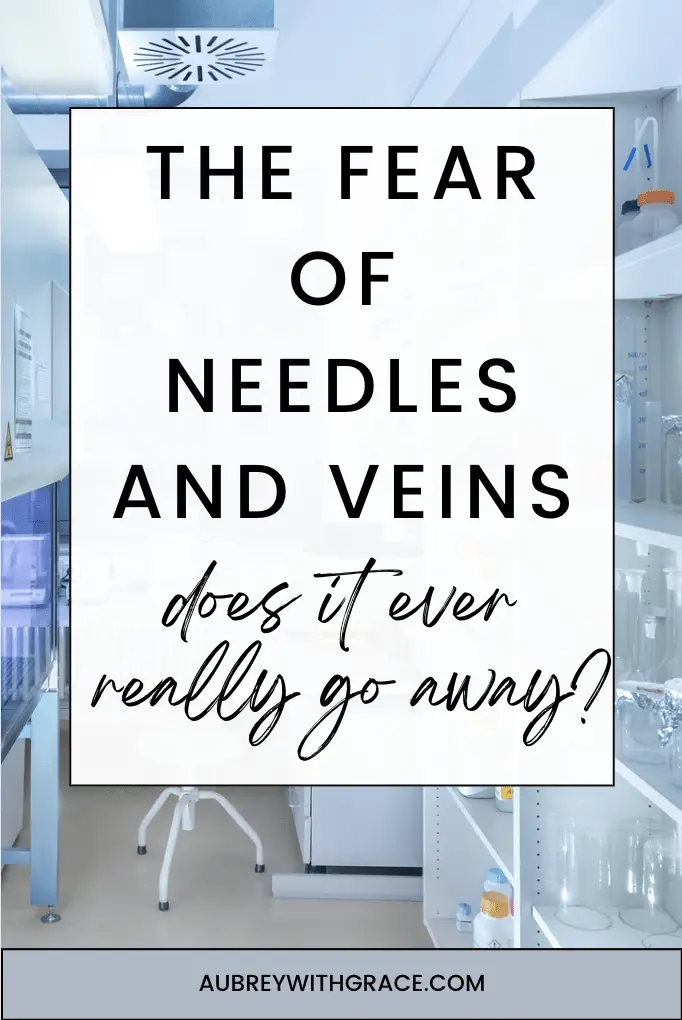
The fear of needles and veins: does it ever really go away?
Table of Contents
I’ve always been scared of needles. I hate picturing the needle going into my vein when I am getting blood drawn or receiving an IV. Something about the idea of it makes me very squeamish and it really freaks me out.
When I am told that I need lab work done, I completely dread it, and I get very anxious.
I know that many other people struggle with similar feelings so if this is how you feel, you are not alone.
Accepting reality
When I was diagnosed with CVID, I had to accept that I was going to be dealing with needles for the rest of my life. Not only would I need to regularly give blood and receive IVs, but I would also have to insert needles into my own body.
Accepting a chronic illness means accepting that we are losing control. We can’t decide whether or not we are going to face the storm, we just have to deal with it the best we can.
The beginning was the hardest part for me. I was always a fairly healthy child and I didn’t have health issues until I was in college. I hardly ever gave blood or had any procedures done. The most I dealt with needles was when I got piercings (which I always had to mentally prepare myself for).
After accepting that this was my reality, I asked myself if it was going to get better and if my fear of needles and veins was ever going to go away. The answer is complicated because it has gotten better, but there are some days that are worse than others. But I have a few tips for those are dealing with these same weird feelings.
Relax and let the professionals do their job
I applaud phlebotomists because I know that I could never do their job. Any medical professional who draws blood or administers an IV has had long hours of special training to prepare them for helping patients.
As the patient, all I can do is trust that the medical professional knows what they are doing and that I have no control over the situation. My job is to be still and relax while they do what they need to do. Sometimes, this is easier said than done. When you get in the chair or the hospital room and the needle comes out, you might start to feel panic and freak out a little. That’s okay. You can calm yourself down by telling yourself all you need to do is be still. Take a few deep breaths and close your eyes if you need to.
Don’t look at the needle
It can be easy to want to sneak a peek, but I’ve found that when I look at the needle as they are inserting it into my vein I get really squeamish. There is no reason for me to look at it at all, so if I am giving blood I will often make conversation with the phlebotomist so that I can distract myself and I make sure to look in another direction or close my eyes.
Of course, these two tips I just shared are not useful for when I do SCIg, because I am the one administering the needle and I have to look at it. But the difference for me is that I am not inserting it into a vein and I am just inserting into fat so somehow it feels a little bit different.
Don’t get discouraged
If you have a day at the doctor where you’re supposed to get blood drawn and you freak out and can’t do it and have to go home, that’s okay. It’s important to give yourself grace on your bad days.
But, you want to make sure that you practice mindfulness for the next time that you have to face this fear. Unfortunately, there is no way around it and these labs are supposed to help you identify issues and get better. You can’t let your fear stop you from getting necessary tests and procedures done.
Online resources to help with the fear of needles
The fear of needles is scientifically called “Trypanophobia.” An article from Psycom states that about 25% of adults have a fear of needles and about 7% of adults do not get immunizations because of it. Check out the article, it gives some really good tips on how to conquer this fear!
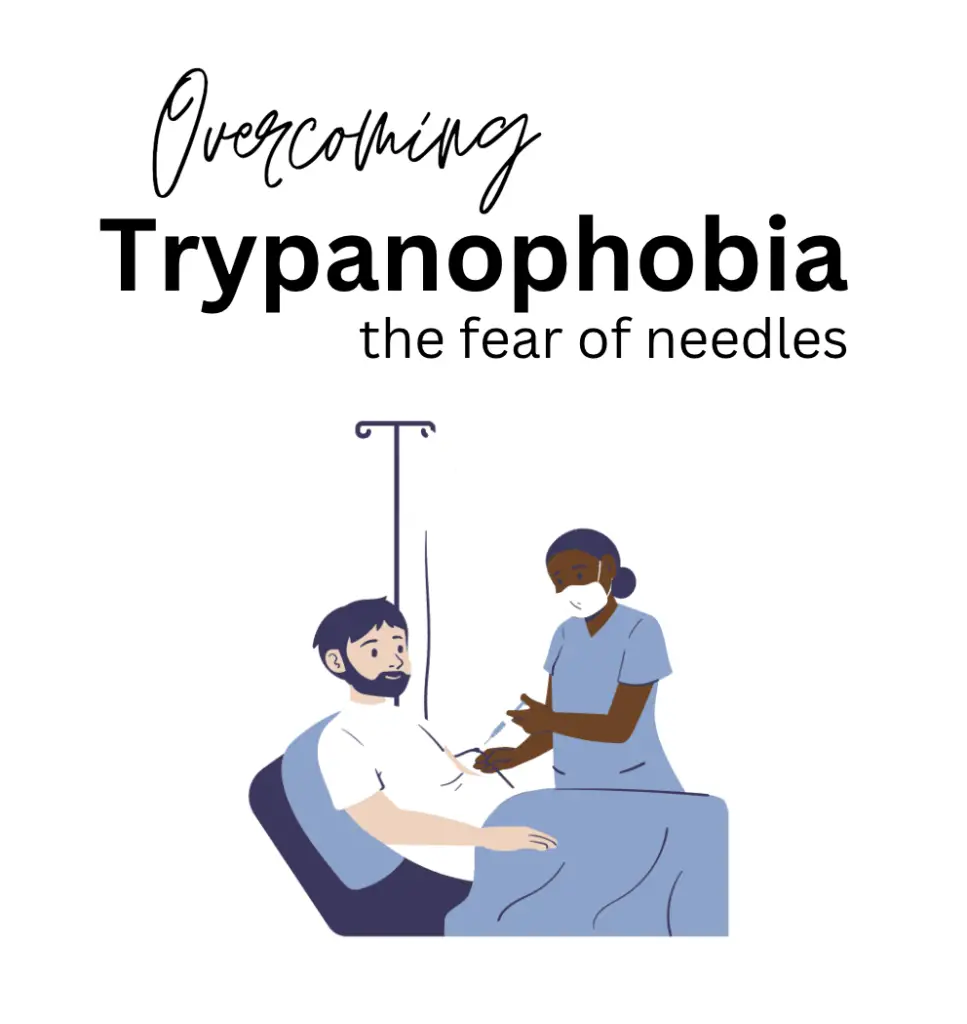
If your fear is pretty intense, you can use a fear ladder which starts with the first fear at the lowest and then increases intensity until you overcoming the fear. Here is an example from HelpGuide.org:
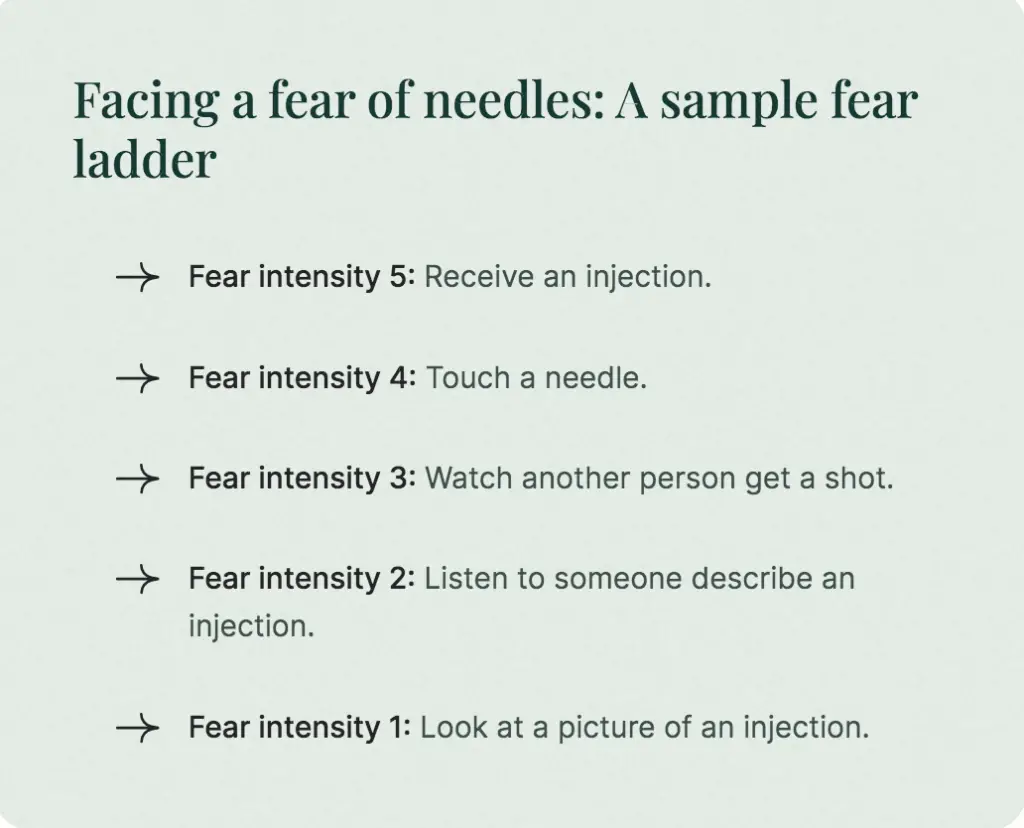
You can climb this ladder from the bottom, addressing one fear at a time.
Here are some other articles with tips for overcoming fear of needles:
- Techniques to Help You Overcome a Fear of Needles
- 4 ways to stay calm during a blood test
- Minimizing Infusion Anxiety
Find what works for you
Everyone is different and these techniques might work better for some than others. Just remember to communicate your needs and look out for your own mental and physical well-being. The fear of needles and the squeamish feeling of veins can deter many people from going to the doctor at all, which can be detrimental to their health.
I still have days where I dread getting out the needles for my infusion or I hear that I have to go give blood and I’m just unhappy about it. I want to go home and hide and not deal with it, but that just isn’t an option.
Life with chronic illness is full of doing things that I don’t want to do. All I can do is control the controllable variables and know that I am constantly making steps to feel better and figure out what is going on in my body.
The fear of needles and veins never truly went away for me, but I will say that it has gotten way better.
If you are feeling discouraged about your anxiety around needles, just know that you are not alone and feel free to reach out to someone or check out those online resources and try some of the techniques listed.
You got this!

More from Aubrey Grace


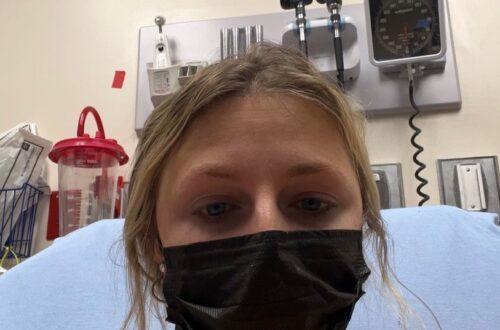
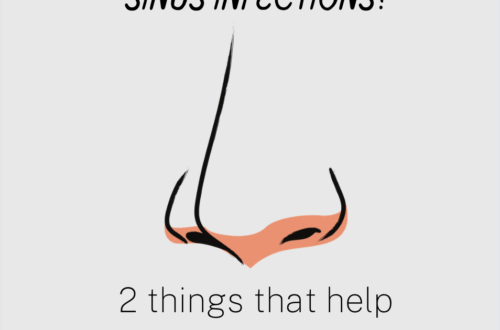
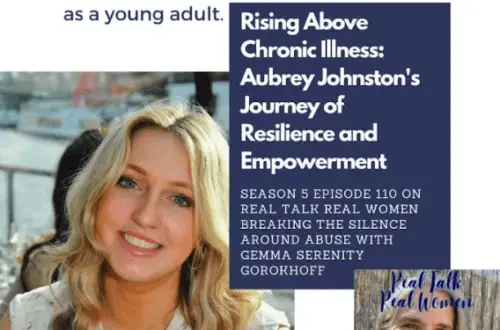

5 Comments
Tom
When I was younger, I was very afraid of needles! Thankfully, it seems to have lessened for me. The fear ladder is a very interesting idea! I’ll have to try that with other things I fear. Another great article, Aubrey!
Sheenia Denae | Lifestyle Blogger
I hate needles! I don’t think it ever goes away! 😢
Andy
I can’t say I fear needles, but I certainly don’t like them.
Looking the other way is an effective way for me to just ignore what’s going on there and let it happen.
Kreamy Kurls
This was a well point together post. I like that you put, “Give yourself grace” at the end
Sue Jackson
Great post, Aubrey! I’m a little late with my shares from last week for Chronic Illness bloggers, but I wanted top let you know that I did share this very helpful post on twitter, twice.
Sue
Live with ME/CFS